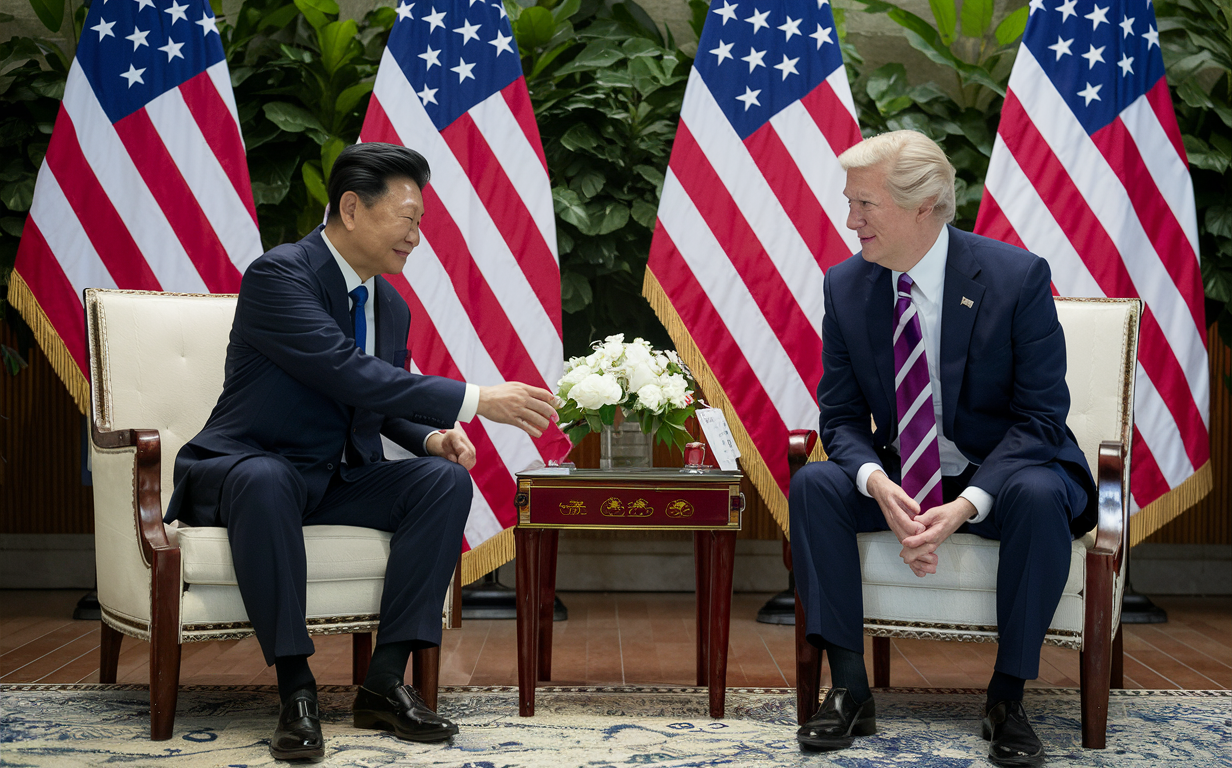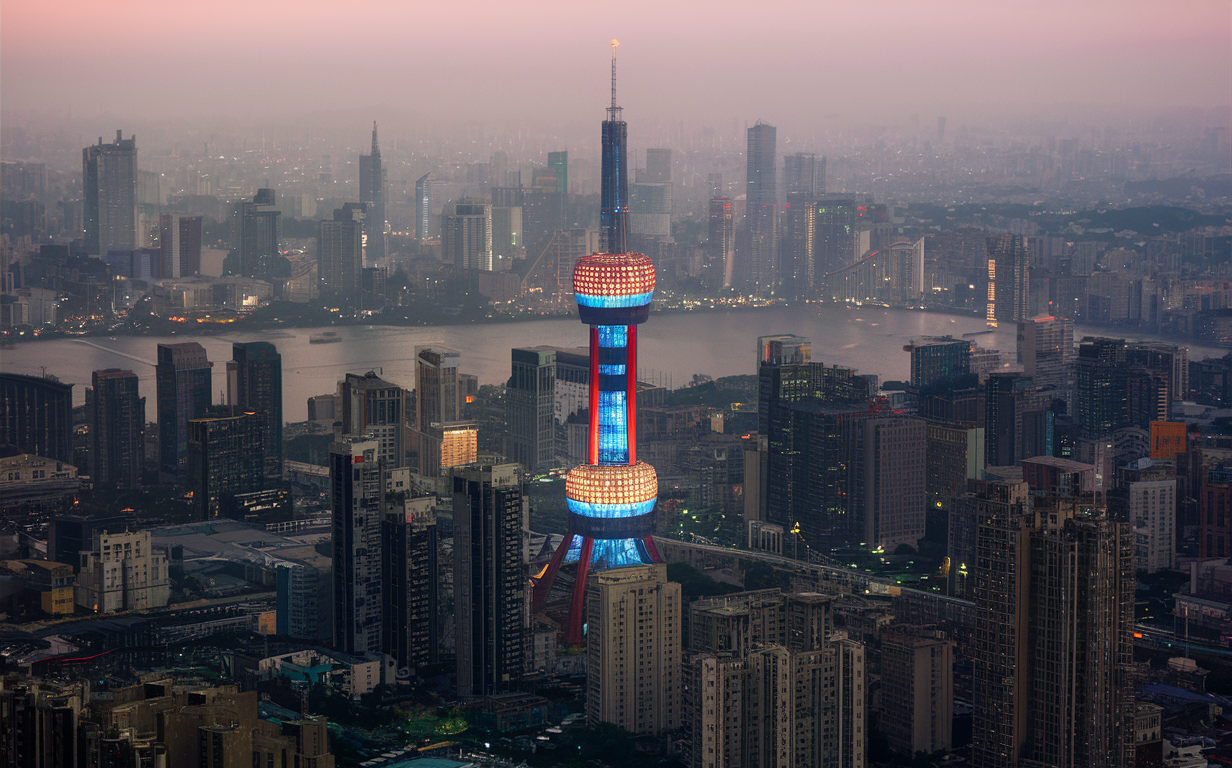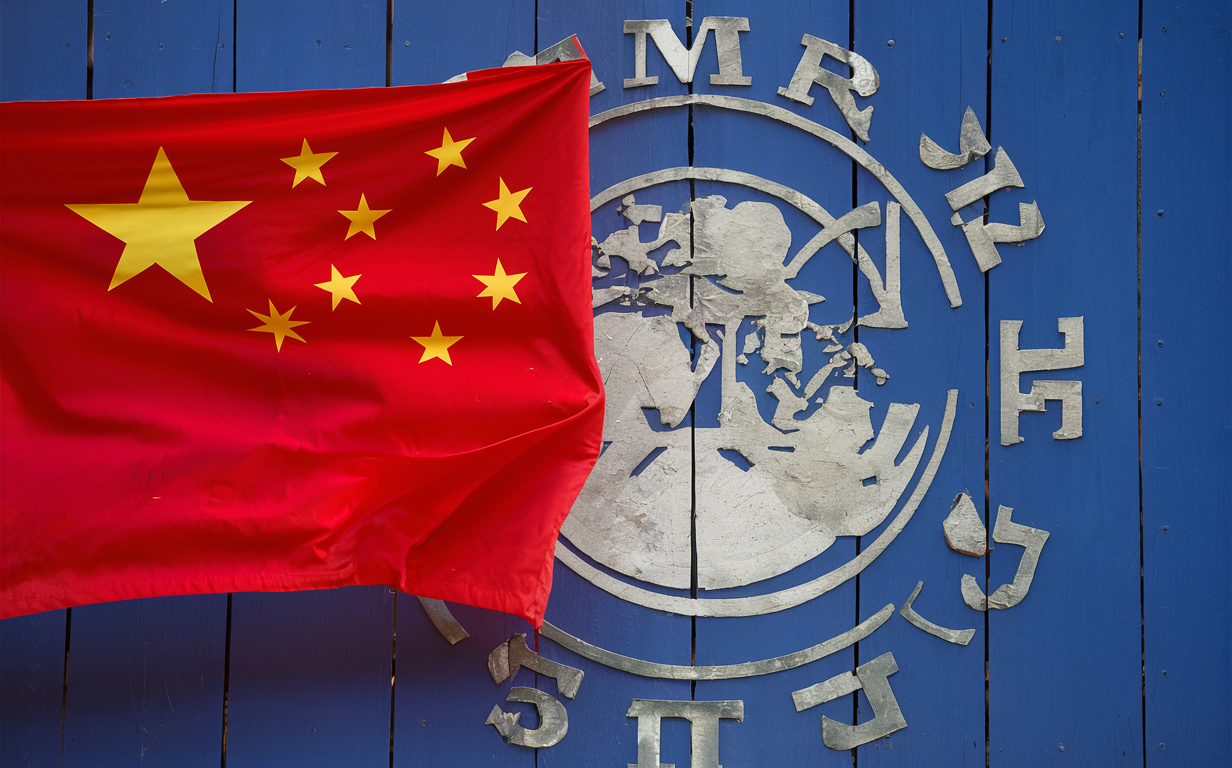China
Five Industries the Most impacted by Covid-19 Pandemic
Coronavirus Pandemic has brought catastrophe in the world impacting all the industries and has caused economic slowdown throughout the world in all the major continents who are thickly populated such as Asia, Europe, the Americas and Africa.
The novel coronavirus originating from Wuhan China in December 2019 has spread to all the regions of the world and caused lockdowns as a preventive measure to limit its spread as there is no vaccine to cure this viral disease other than just go in self or social isolation as per World Health Organization Experts advice.

Though human trials have been started by some Pharmaceutical companies the experts are of the view that it may take one and half year to be available in the market and estimated to be the costliest vaccine ever keeping in view its global implications and rapid speed of spread in the world.
At present China, Italy, Spain, America and Iran are worst hit by this where the death rate was reported 4% t0 7% while it is much lower in other parts of the world.
Given the lockdowns and limitations on gatherings of more than 4, it has paralyzed the world economy with stocks crashing and showing the negative trend that is alarming as the figures of unemployment and close of Businesses jump high in US, UK, Italy, Spain, France, China, Middle East Region, India and Pakistan where the people are restricted to their houses and there is a complete lockdown.
Several Industries are worst impacted by these global lockdowns and Travel restrictions yet the following industries have completely been shut down and employees are being laid off.
Table of Contents
#Education
Education has been the worst affected Industry because without education we cannot develop and create awareness among the masses. The Schools, Colleges and Universities have been shut over the fears of this pandemic leaving the students at the panicking situation to deal with. Though some institutes have started online education it is not as interactive as a formal Education in classes.
#Airline and Travel
Airline and Travel Industry has been severely impacted as all the planes have been grounded by all the airline companies and laying off some staff as most of Asian, African and European have imposed Travel bans and people stranded in various countries have no other choice but to stay there until the covid-19 Pandemic may be brought under control if WHO introduces any drug to this incurable disease.
# Restaurant, Food Franchise, Hotel and Motel
The people have lost their charm to travel and stay at luxury hotels to enjoy their vacations, Trips and Business Meetings all have been overshadowed with Covid-19 Fears and have completely shut down as preventive measures to avoid Mass gatherings.
The Food Franchises such as KFC, McDonald’s, Dunken Donuts, Subway, Pizzahut, Burger King etc which were the best choice of people living in Metro cities have been closed for an indefinite period over the sudden outbreak of covid -19. They have born the loss of millions during this global lockdown as these have global presence
#Cold Drinks, Ice Cream and Mineral Water
Adults and children loved eating cold drinks, Ice Creams and Milkshakes during the hot days when temperatures rose to cool themselves but now the WHO and Other Health Experts advise people to use hot items to stop the Covid-19 outbreak as per research Cold items have more chances of contracting Novel coronavirus over hot items, therefore, Health experts strongly advise consuming hot items including water as cold water may cause the spread of the Virus. The lockdown and preventive measures cause loss of millions to this industry especially the people associated with the sector.
#Sports, News & Media, Entertainment and Services Industry
The Sports the industry has been heavily hit as it involves mass gatherings as spectators. All the sporting events have been suspended, series and Leagues have been rescheduled and big events such as PSL, IPL, FIFA World Cup, Olympics Games and others have been completely cancelled raising concerns among the players. Even the players are facing the trauma having travel history to the epicentre of Covid-19 Pandemic and tested positive .
The Entertainment industry has been heavily impacted as all the dramas, Films and comedy shooting and recording has been postponed till indefinite period and all the events including concerts have cancelled due to covid-19 and actors have lost the source of living.
The services industry especially the skilled and non-skilled have been subjected to starvation as all the roadside small business such as Hair Cutting Salons, Cobblers, Gold and blacksmith shops, Electricians, Booksellers, daily wages workers and Masons have lost their living owing to lockdowns globally.
Unfortunately, Governments have not done anything for providing any relief package for these daily wages workers who have no other source of Income. Some philanthropists and NGOs are working to provide rationing and Financial support to these underprivileged segments of the society.
Finally, the Print and Electronic Media are partially impacted though they are a very vulnerable community as they have been busy in coverage of the pandemic around the world and are prone to contracting the deadly virus due to close contact with Patients at Quarantine Centres and the Health specialists working at the hospital and temporary health centres specially set up for an emergency.
The Print Media has been hit hard as people consider it risky to read a Print copy of newspapers over covid-19 fears and prefer epaper or online edition of the newspapers. Hence, such a trend has impacted the Newspaper Sales badly.
On the other hand, electronic media such as News Channels, Radio and Digital Media such as Websites, YouTube are grabbing people’ attention. The Social Media is also buzzing with Covid-19 updates though Social Media and Silicon Valley companies have asked their employees to work from home and follow the preventive measures these include Twitter, Yahoo, Facebook, Microsoft and Search Giant Google.
Analysis
Breaking Down the Xi-Biden Phone Call: A Step Forward in China-US Relations

In a significant development, Chinese President Xi Jinping and US President Joe Biden engaged in a ‘candid’ direct conversation, marking their first call since 2022. This conversation holds immense importance as it comes at a time when tensions between the two global powers have been escalating. Let’s delve into the details of this crucial phone call and its implications for China-US relations.
Table of Contents
Understanding the Context
The backdrop against which this phone call took place is crucial to grasp the significance of the dialogue. Tensions between China and the United States have been on the rise due to various issues ranging from trade disputes to human rights concerns. The need for constructive dialogue between the two leaders has never been more pressing.
Key Points of Discussion
During the phone call, Xi and Biden reportedly discussed a range of topics, focusing on areas where their interests align. This ‘candid’ conversation indicates a willingness on both sides to engage in meaningful dialogue despite the challenges that exist in their relationship.
Progress Made and Areas of Agreement
The fact that progress was achieved in limited areas of aligned interests is a positive sign for China-US relations. This could potentially pave the way for further cooperation on issues of mutual concern such as climate change, global health, and regional security.
Implications for Global Dynamics
The outcome of this phone call has broader implications for the global geopolitical landscape. As two of the most influential countries in the world, any positive developments in China-US relations can have far-reaching effects on international trade, security, and diplomacy.
Analysis of the Tone and Approach
The use of the term ‘candid’ to describe the conversation between Xi and Biden suggests a level of openness and honesty in their exchange. This could indicate a shift towards more transparent communication between the two leaders, which is essential for building trust and resolving differences.
Future Prospects and Challenges
While the phone call signifies a step in the right direction, it is important to acknowledge the challenges that lie ahead. Both China and the US have complex issues to address, and sustaining this momentum towards improved relations will require continued effort and cooperation from both sides.
Conclusion
The recent phone call between Xi Jinping and Joe Biden marks a positive development in China-US relations. By analyzing the key points of discussion, progress made, and implications for global dynamics, we can gain valuable insights into the evolving dynamics between these two global powers. This dialogue sets the stage for future engagement and cooperation, highlighting the importance of constructive communication in navigating the complexities of international relations.
China
Navigating the Economic Transformation: China’s Future Depends on Microeconomic Policies

Introduction
China’s economic growth has been a significant global phenomenon, with its rapid expansion driving global trade and shaping the global economy. However, as China enters a new phase of its economic development, it faces challenges that require a shift in focus from macroeconomic stimulus to microeconomic policies. This article explores the importance of microeconomic policies in China’s future economic growth and the implications for businesses and markets.

I. The Limitations of Macroeconomic Stimulus
- Temporary Boost: Macroeconomic stimulus, such as government spending and monetary policy, can provide a temporary boost to the economy. However, it does not address the underlying structural issues that hinder long-term growth.
- Amplifying Economic Shortcomings: Macroeconomic stimulus can exacerbate economic imbalances and inefficiencies, leading to a more significant correction in the future.
II. The Importance of Microeconomic Policies
- Structural Reforms: Microeconomic policies focus on structural reforms that address the root causes of economic challenges. These reforms can include labor market reforms, regulatory changes, and infrastructure investments.
- Encouraging Business Transformation: Microeconomic policies can create an environment that encourages businesses to transform and adapt to changing market conditions. This can lead to increased productivity, innovation, and competitiveness.
III. The Role of Businesses in China’s Economic Transformation
- Adapting to Market Changes: As China’s economy evolves, businesses must adapt to new market conditions and consumer preferences. This may involve shifting from traditional industries to more innovative and technology-driven sectors.
- Embracing Innovation: To prosper in the new economic environment, businesses must embrace innovation and technological advancements. This can include investing in research and development, adopting new technologies, and fostering a culture of innovation.
IV. Implications for Markets and Investors
- Changing Market Dynamics: As China’s economic focus shifts from macroeconomic stimulus to microeconomic policies, market dynamics will change. Investors should be prepared for a more volatile and uncertain market environment.
- Opportunities for Investors: The shift to microeconomic policies presents opportunities for investors in sectors that benefit from structural reforms and business transformation. These may include technology, healthcare, and environmental sectors.
Conclusion
China’s future economic growth depends on its ability to navigate the complex transition from macroeconomic stimulus to microeconomic policies. This requires a focused effort on structural reforms, business transformation, and a shift towards innovation and technology. As China embarks on this transformation, businesses and investors must adapt to the changing market conditions and seize the opportunities presented by the new economic environment.
China
China Calls for Critical IMF Reforms to Reflect Asian Economic Prowess

The People’s Bank of China governor, Pan Gongsheng, has called for “critical” reforms to the International Monetary Fund (IMF) to better reflect the weight of emerging markets and Asian countries. Speaking at the Boao Forum for Asia on Wednesday, Gongsheng highlighted the need for established international institutions to adapt to the changing global economic landscape. He also appealed to central bank officials from Indonesia, Singapore, and Mongolia to work together to achieve this goal.

Gongsheng’s comments come as China seeks to assert its economic prowess on the global stage. The country has become increasingly vocal in its calls for reform of international institutions, arguing that they are outdated and do not reflect the changing balance of economic power. As the world’s second-largest economy, China believes it should have a greater say in the governance of these institutions.
The governor’s appeal for a collective Asian voice in IMF reforms is likely to be welcomed by other emerging market countries in the region. Many have long argued that the current system is biased towards developed countries and does not take into account the unique challenges faced by emerging markets. By working together, Asian countries could have a greater influence on the direction of global economic policy.
Table of Contents
China’s Call for IMF Reforms

Pan Gongsheng’s Address at Boao Forum
The People’s Bank of China governor, Pan Gongsheng, addressed the Boao Forum for Asia on Wednesday, calling for critical reforms to established international institutions such as the International Monetary Fund (IMF). He urged central bank officials from Indonesia, Singapore and Mongolia to work together to reflect the weight of Asian countries and emerging markets.
Need for Institutional Reform
Gongsheng’s appeal for reform comes as China and other emerging markets seek to have a greater say in global economic governance. He argued that the current global financial system does not adequately reflect the economic prowess of emerging markets, and that the IMF in particular needs to be reformed to better reflect the changing global economic landscape.
Gongsheng’s call for IMF reforms is not new, but it comes at a time when China is seeking to assert itself as a global economic power. China has been pushing for greater representation in the IMF and other international financial institutions, arguing that the current system is dominated by Western powers and does not adequately represent the interests of emerging markets.
Overall, Gongsheng’s speech highlights the growing importance of Asia and emerging markets in the global economy, and the need for established international institutions to adapt to reflect this changing reality.
Asian Collective Voice

Central Banks Collaboration
At the Boao Forum for Asia, Pan Gongsheng, the governor of People’s Bank of China, called for central banks from Indonesia, Singapore, Mongolia and other emerging Asian countries to collaborate and reflect the weight of Asian countries. He emphasized that established international institutions are in need of reform to mirror the economic prowess of emerging markets.
Collaboration between central banks can lead to more effective policies and strategies that can benefit the entire region. This can also increase the influence of Asian countries on the global stage and help shape the direction of the global economy.
Reflecting Asian Economic Weight
Pan Gongsheng’s call for reform reflects the growing economic weight of Asian countries and the need for established institutions to reflect this reality. The economic growth of Asia has been significant in recent years, and this trend is expected to continue in the future.
Reforms to international institutions can help address the challenges faced by emerging markets and promote sustainable economic growth. By reflecting the economic weight of Asian countries, these institutions can ensure that policies and strategies are more inclusive and effective.
In conclusion, the collaboration of central banks and the reflection of Asian economic weight in international institutions are crucial steps towards a more balanced and sustainable global economy.
-

 Featured3 years ago
Featured3 years agoThe Right-Wing Politics in United States & The Capitol Hill Mayhem
-

 Elections 20241 month ago
Elections 20241 month agoAnalyzing Trump’s Super Tuesday Triumph and Nikki Haley’s Strategic Moves
-

 News2 years ago
News2 years agoPrioritizing health & education most effective way to improve socio-economic status: President
-

 China3 years ago
China3 years agoCoronavirus Pandemic and Global Response
-

 Canada3 years ago
Canada3 years agoSocio-Economic Implications of Canadian Border Closure With U.S
-

 Conflict3 years ago
Conflict3 years agoKashmir Lockdown, UNGA & Thereafter
-

 Democracy3 years ago
Democracy3 years agoMissing You! SPSC
-

 Democracy3 years ago
Democracy3 years agoPresident Dr Arif Alvi Confers Civil Awards on Independence Day
























